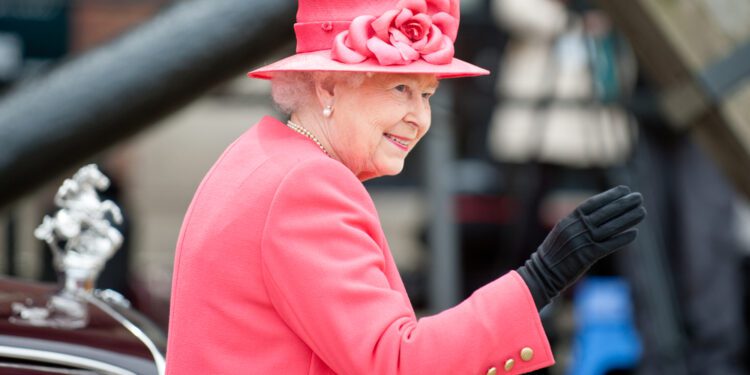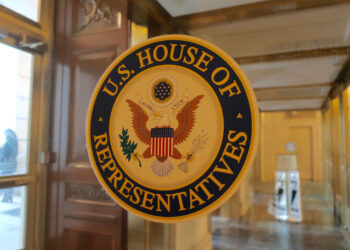The death of Queen Elizabeth II has come at a bad time for the struggling economy in the U.K.
Soaring inflation, a slumping currency and the worst cost-of-living crisis in decades is having a big impact on a country that lost its biggest symbol of stability.
Only a couple of days after Queen Elizabeth asked New Prime Minister Liz Truss to form a government, and Boris Johnson tender his resignation to her, the U.K.’s longest-reigning monarch died Thursday at Balmoral Castle, Scotland.
The news came only hours after Prime Minister Truss presented a strategy to combat the U.K.’s cost-of-living crisis, unveiling a broad stimulus package that will provide some relief for people concerned on facing a coming winter with high energy prices.
In a bid to tame inflation, which is the highest among G-7 nations at 10.1%, the U.K. central bank delivered its biggest rate hike in 27 years last month, raising the benchmark to 1.75%.
The queen is succeeded by her eldest son, who was proclaimed King Charles III after her death.
With only two days into the job, Truss declared a period of national mourning and called on Britain to “come together as a people” and support its new head of state.












